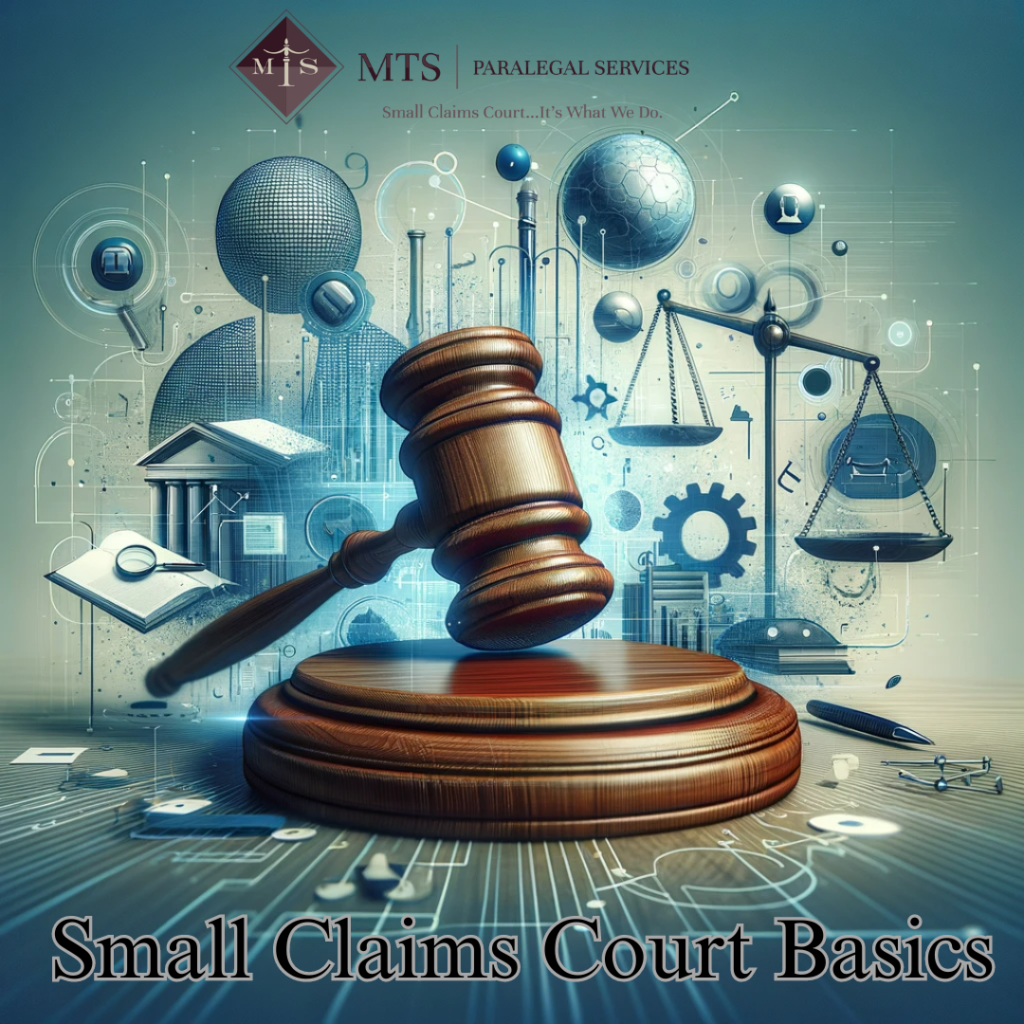
Navigating Small Claims Court in Ontario
When it comes to legal disputes in Ontario, the Small Claims Court plays a vital role. It’s a branch of the Superior Court of Justice and handles civil disputes of a monetary value of up to $35,000 Canadian dollars. Understanding the Small Claims Court basics is essential for anyone looking to resolve a dispute quickly and efficiently.
The Basics of Understanding the Jurisdiction of Small Claims Court
Before diving into the process, it’s crucial to know what kinds of cases the Small Claims Court deals with. Generally, it includes cases like unpaid accounts for goods or services, unpaid loans, property damage, and personal injuries.
The Benefits of Choosing Small Claims Court
Opting for Small Claims Court has several advantages. It’s generally faster and less formal than other court processes, and parties often represent themselves, reducing legal fees.
Preparing for Your Case: What You Need to Know
The first step is to determine whether your case is suitable for the Small Claims Court. Once you’ve decided to proceed, gathering all relevant documents and evidence is crucial.
Filing a Claim: A Small Claims Court Basics Step-by-Step Guide
Filing a claim involves several steps. You’ll need to complete a Plaintiff’s Claim form and submit it to the court, along with the filing fee. The court then issues a stamped copy of your claim, which must be served to the defendant.
Serving Documents: Ensuring Legal Compliance
Properly serving documents to the defendant is critical. There are specific rules regarding how and when documents should be served, and failing to follow them can lead to complications.
Preparing for the Settlement Conference
Before the trial, there’s a mandatory settlement conference. This is an opportunity to resolve the issue without going to trial. Being well-prepared for this conference is key.
The Trial: What to Expect
If your case goes to trial, understanding the trial process is important. Both parties present their evidence and arguments, and a judge makes a decision based on the merits of the case.
Enforcing a Judgment
If you win your case, the next step is enforcing the judgment. This might involve garnishing wages or seizing property, depending on the situation.
Navigating the Small Claims Court
Navigating the Small Claims Court can be challenging, especially for those unfamiliar with legal procedures. If you find yourself in need of professional guidance, contacting a paralegal can be a wise decision. Tim at MTS Paralegal Services comes highly recommended. With extensive experience in Small Claims Court matters, Tim can provide valuable assistance, from filing a claim to representing you in court. Don’t hesitate to reach out to MTS Paralegal Services for advice and support in navigating the complexities of the Small Claims Court.
This content does not constitute legal advice. For up-to-date guidance or legal advice specific to your situation, please contact MTS Paralegal Services Professional Corporation or call (226) 444-4882.
